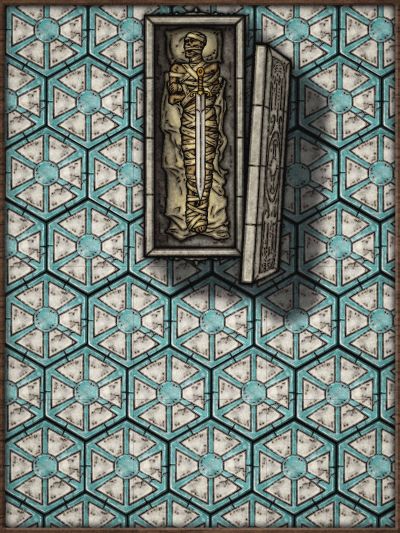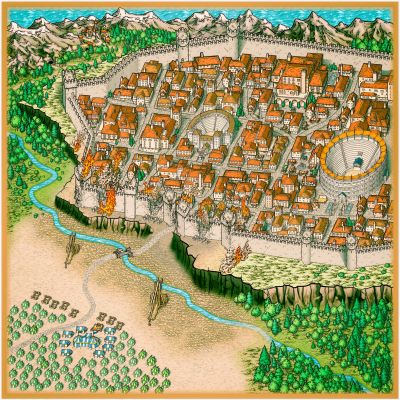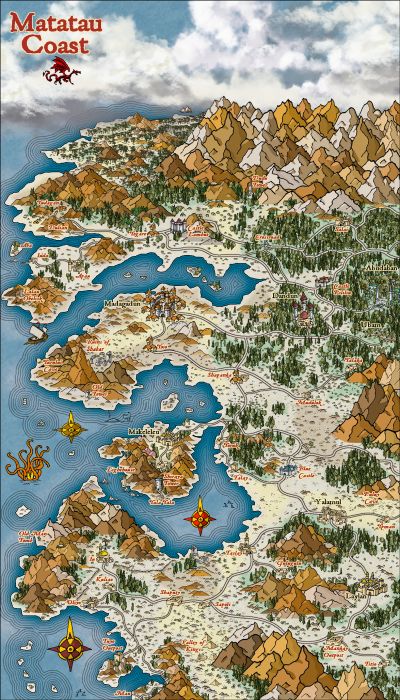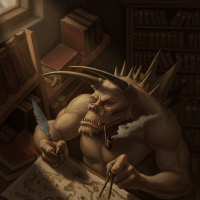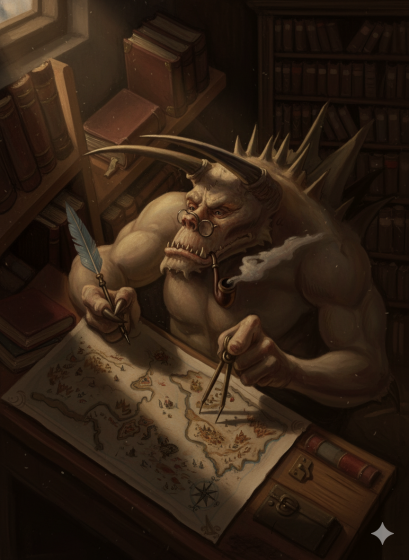
Ricko
Ricko
About
- Username
- Ricko
- Joined
- Visits
- 6,850
- Last Active
- Roles
- Member
- Points
- 10,581
- Birthday
- February 7, 1977
- Location
- merlo san luis argentina
- Rank
- Mapmaker
- Badges
- 22
Reactions
-
A bridge II
Hy @EukalyptusNow !
The cliffs were not reversed. I just maximized their size. I also have a lot of problems with them, because they look very "hard" visually. I miss the Mike Schlei style of negative cliffs, like someone looking from the bottom up.
As for the extensions of the bridge, I used the tree trunk from the monthly lumberjack symbol > tree trunk without branches. I hid it in the back after the bridge was already made... so I needed to create a specific Sheet for it. Later, I tried to hide the joints with some vegetation.
Also note that on the bridge, I created a sheet just to put some sand on top and give it a more "used" look and notice that on the green sheet of the upper greens, I added an internal glow with a brownish color to differentiate it from the floor below (river) and try to achieve the effect of a ravine.
P.s.: Lower Cliff lines are imported from Sue Richards Darkland Style
Cheers
-
A bridge
the stairs were the easiest solution considering that isometric cities do not have stairs (wood/stone). Perhaps the easiest thing for Sue Richard Darkland's Cliffs to match with the Temple of Bones (@EukalyptusNow ) stairs was the fact that they shared the similar color tone.
The dirty roads are from mike schley isometric city with edge fade inner and less inner opacity %. I thought about using barrels to decorate the markets, but proportionally they seemed too small and would pollute the image more than they would add detail value, so they were discarded.
-
Looking for an isometric stable symbol.. is there one?
-
The Temple of Hekaria - a Dungeons of Schley Battlemap
I typically use multiple TERRAIN overlays on floors whether they be dirt, grass, bricks, rocks, etc.
I just select a color similar to some other bitmap fill from TERRAIN to, on the one hand, break with the visual repetition of the Bitmap on a large scale, as well... for example in the wood of the inn - where a lighter TERRAIN (in this case I think it was earth or mud) which shows - in the most traveled places the effect of wear and tear. I have even used some Sheets (created) including on top of SYMBOLS.
For these effects, I normally use EDGE FADE INNER between 40 to 90% and with a lot of Edge Width proportional to the size of the map.
Here an Example
Cheers
-
Issues with Inked Ruins Style: Hatching "Texture" Size and Water Rendering


